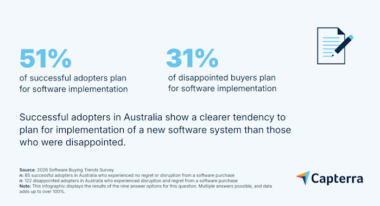Official Results
Weekday Windfall Wednesday draw no. 4486
Draw Date: Wednesday, 25 December 2024
Drawn Numbers
Winning Numbers (drawn order)
[37] [40] [6] [33] [7] [11]
Supplementary Numbers (drawn order)
[12] [31]
Division One Guaranteed Prize Offer (for up to 6 winners) $1,000,000.00
Total Prize Pool (Divisions 2 - 6) $1,704,550.76
Lotto Strike draw no. 5565
Drawn Numbers
Winning Numbers (drawn order)
[37] [40] [6] [33]
Division One Prize Pool $511,975.74

